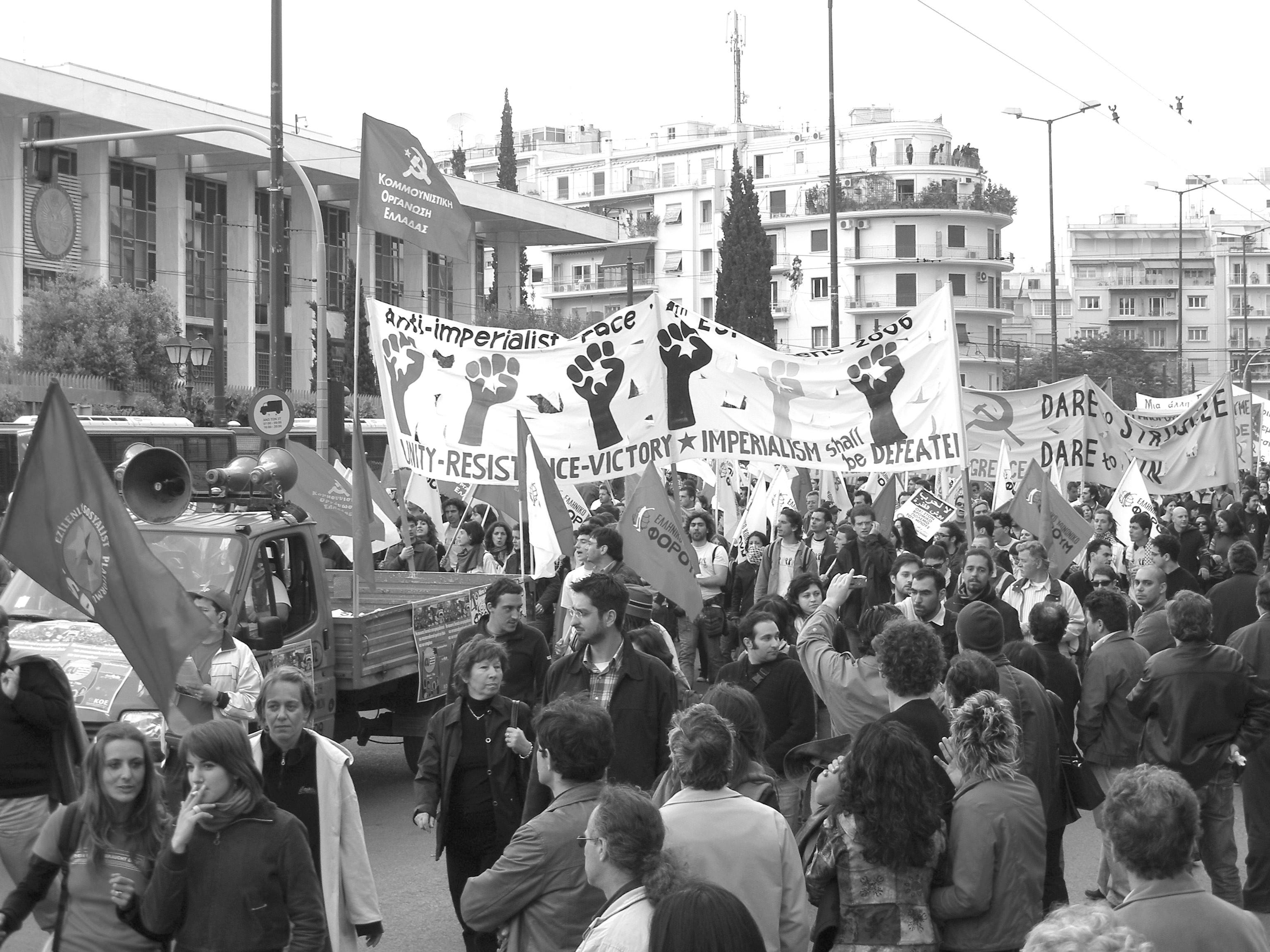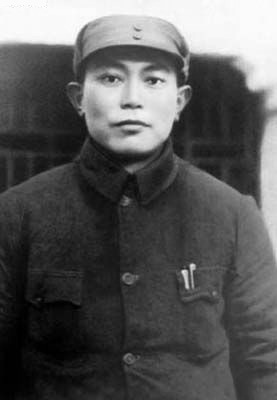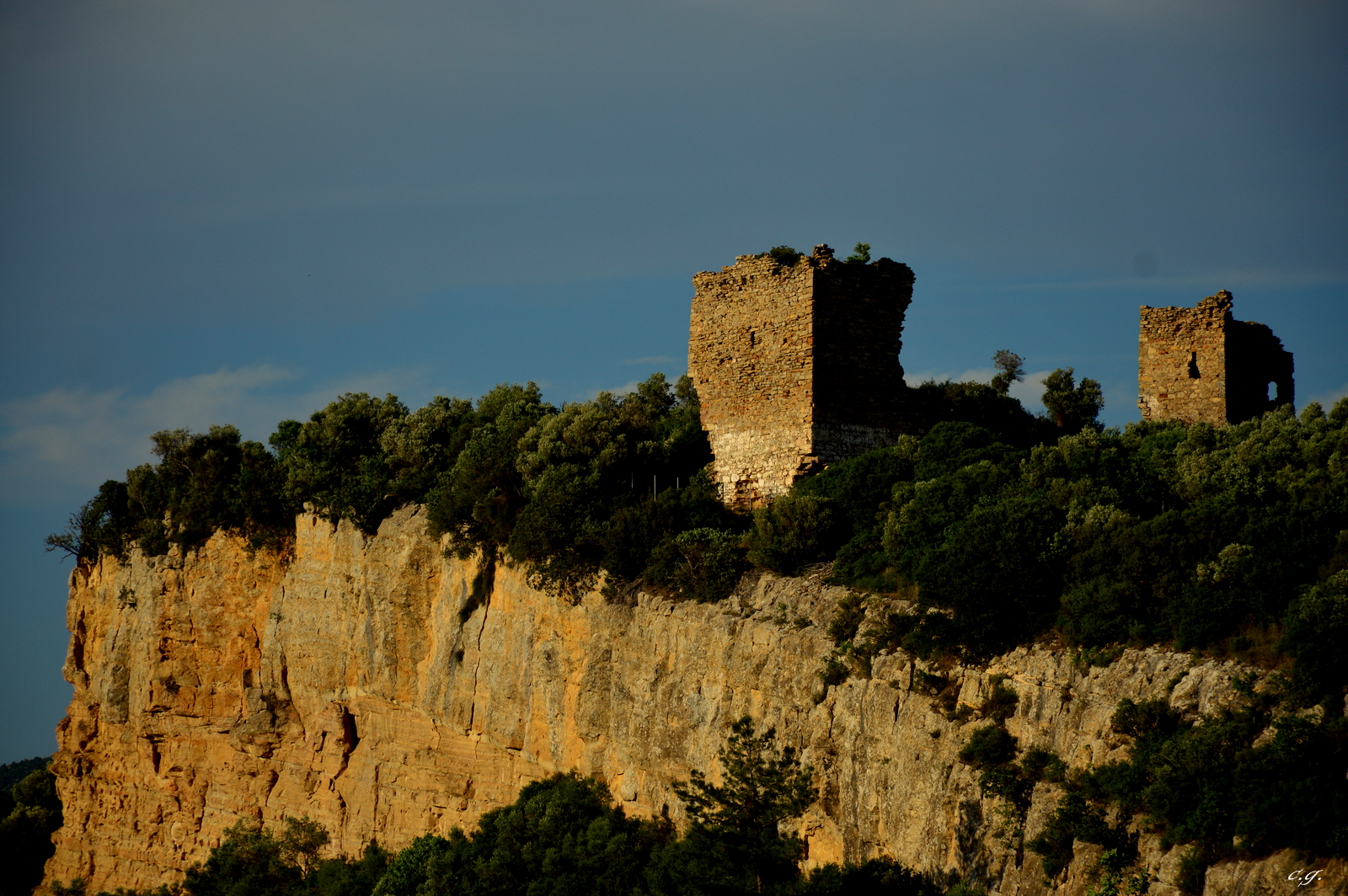|
Marxist–Leninist Communist Party Of Greece
The Marxist–Leninist Communist Party of Greece ( el, Μαρξιστικό-Λενινιστικό Κομμουνιστικό Κόμμα Ελλάδας, ''Marxistiko-Leninistiko Kommounistiko Komma Elladas''), better known by its acronym M-L KKE (Μ-Λ ΚΚΕ), is an anti-revisionist Marxist–Leninist communist party in Greece. History M-L KKE originates in the Organisation of Marxists-Leninists of Greece (OMLE) that split away from the Communist Party of Greece (KKE) in 1964, opposing Nikita Khrushchev's De-Stalinization and supporting Mao Zedong and his political beliefs in the Sino-Soviet split. After Mao's death in 1976, OMLE split in two major factions: the M-L KKE and the rival Communist Party of Greece (Marxist–Leninist) (KKE M-L), as well as further smaller groupings. M-L KKE and KKE M-L have remained the two largest Maoist parties in Greece since. Historically, M-L KKE has had a significant presence among teachers and education workers, and is most active in W ... [...More Info...] [...Related Items...] OR: [Wikipedia] [Google] [Baidu] |
Organisation Of Marxists–Leninists Of Greece
The Organisation of Marxist–Leninists of Greece ( el, Οργάνωση Μαρξιστών Λενινιστών Ελλάδας), known by its Greek acronym OMLE (ΟΜΛΕ), was the original Greek anti-revisionist Marxist-Leninist political movement, which split from the Communist Party of Greece in 1964, opposing Soviet revisionism. OMLE emerged from the merger of exiled Greek communist in the former Soviet Union and the other Eastern bloc countries with a Greek communist group which was publishing the magazine '' Anagenisi'' (, 'Renaissance'). After Mao Zedong's death, in 1976, OMLE came into a major crisis and split in two major parties: Communist Party of Greece (Marxist-Leninist) and the Marxist-Leninist Communist Party of Greece, the latter party following the Three Worlds Theory In the field of international relations, the Three Worlds Theory ( zh, s=三个世界的理论, p=Sān gè Shìjiè de Lǐlùn) by Mao Zedong proposed to the visiting Algerian President Ho ... [...More Info...] [...Related Items...] OR: [Wikipedia] [Google] [Baidu] |
To Vima
''To Vima'' ( el, Το Βήμα, lit=The Tribune) is a Greek weekly newspaper first published in 1922 by Dimitris Lambrakis, the father of Christos Lambrakis, as ''Elefthero Vima'' (Free Tribune). It was owned by Lambrakis Press Group (DOL), a group that also publishes the newspaper ''Ta Nea'', among others in its fold of publications. The assets of DOL were acquired in 2017 by Alter Ego Media S.A. ''To Vima'' is a high-quality newspaper in Greece, and arguably the most influential in political issues; it was published daily until 2011, but since publishes only its flagship Sunday edition, whose current managing editor is Stavros Psycharis. To Vima is historically the newspaper to which prominent politicians would most commonly provide interviews or write articles. Eleftherios Venizelos, Georgios Papandreou, Nikolaos Plastiras, Constantine Karamanlis and Andreas Papandreou are among those who have written for the newspaper. Content The newspaper features as columnists prominen ... [...More Info...] [...Related Items...] OR: [Wikipedia] [Google] [Baidu] |
2004 Greek Legislative Election
Parliamentary elections were held in Greece on 7 March 2004.Dieter Nohlen & Philip Stöver (2010) ''Elections in Europe: A data handbook'', p830 The New Democracy Party of Kostas Karamanlis won the elections, ending eleven years of rule by PASOK. PASOK was led into the elections by George Papandreou, who succeeded retiring Prime Minister Costas Simitis as party leader in February. Leaders Greek politics is strongly dynastic. Kostas Karamanlis is the nephew of Konstantinos Karamanlis, who was six times (1955, 1956, 1958, 1961, 1974, 1977) Prime Minister and twice President of Greece (1980–1985, 1990–1995), and the founder of New Democracy after the restoration of democracy in 1974. George Papandreou is the son of Andreas Papandreou, three times (1981, 1985, 1993) Prime Minister and the founder of PASOK, and the grandson of Georgios Papandreou, a liberal centrist who entered national politics in the 1920s and was twice Prime Minister (1944, 1963). Athens daily ''Kathimerini'' ... [...More Info...] [...Related Items...] OR: [Wikipedia] [Google] [Baidu] |
A/synechia
The Communist Organization of Greece (, ''Kommounistikí Orgánosi Elládas'', KOE) is a Greek political party. The KOE's ideology is revolutionary Marxism and Maoism, supporting Marxist ideology with all the historical experience of the communist movement. Origins The KOE has its origins in the Communist Party of Greece ( / Kommounistikó Kómma Elládas, KKE). As a result of the KKE's revisionist turn in 1956, Nikos Zachariadis was exiled and many hard-line Stalinists were excluded from the party. A lot of former KKE members founded the Organisation of Marxists-Leninists of Greece (OMLE) in 1964, and published the Anagennissi (Rebirth) monthly review and the weekly Laïkós Drómos (People's Road). Many people who would eventually found the Communist Organization of Greece joined the OMLE. In 1984, the future founders of the KOE established A/synechia, an effort aimed at rebuilding the communist movement, without revisionist or leftist trends, based on an analysis of the ... [...More Info...] [...Related Items...] OR: [Wikipedia] [Google] [Baidu] |
2000 Greek Legislative Election
Parliamentary elections were held in Greece on 9 April 2000. Dieter Nohlen & Philip Stöver (2010) ''Elections in Europe: A data handbook'', p830 The ruling PASOK of Prime Minister Costas Simitis was narrowly re-elected, defeating the conservative New Democracy New Democracy, or the New Democratic Revolution, is a concept based on Mao Zedong's Bloc of Four Social Classes theory in post-revolutionary China which argued originally that democracy in China would take a path that was decisively distinc ... party. Simitis formed his third cabinet. Results References {{Greek elections Greece Parliamentary elections in Greece 2000 in Greek politics Legislative Greek ... [...More Info...] [...Related Items...] OR: [Wikipedia] [Google] [Baidu] |
Li Xiannian
Li Xiannian (pronounced ; 23 June 1909 – 21 June 1992) was a Chinese Communist military and political leader, President of the People's Republic of China (''de jure'' head of state) from 1983 to 1988 under Paramount Leader Deng Xiaoping and then Chairman of the Chinese People's Political Consultative Conference from 1988 until his death. He was a full member of the Politburo from 1956 to 1987, and of its Standing Committee from 1977 to 1987.''Li Xiannian (1909–1992)'', in Christopher R. Lew, Edwin Pak-wah Leung: ''Historical Dictionary of the Chinese Civil War'', p.p. 120-121, Scarecrow Press, 2013Holley, David"Li Xiannian, Ex-President of China, Dies at 83: Old Guard: He was one of a ruling clique of ‘8 elders’ who ordered the army to repress the pro-democracy movement in 1989".''Los Angeles Times'', 23 June 1992. Li worked as an apprentice carpenter in his teenage years to support his family. He joined the Communist Party in December 1927 and became a soldier in the ... [...More Info...] [...Related Items...] OR: [Wikipedia] [Google] [Baidu] |
Beijing
} Beijing ( ; ; ), Chinese postal romanization, alternatively romanized as Peking ( ), is the Capital city, capital of the China, People's Republic of China. It is the center of power and development of the country. Beijing is the world's List of national capitals by population, most populous national capital city, with over 21 million residents. It has an city proper, administrative area of , the third in the country after Guangzhou and Shanghai. It is located in North China, Northern China, and is governed as a Direct-administered municipalities of China, municipality under the direct administration of the Government of the People's Republic of China, State Council with List of administrative divisions of Beijing, 16 urban, suburban, and rural districts.Figures based on 2006 statistics published in 2007 National Statistical Yearbook of China and available online at archive. Retrieved 21 April 2009. Beijing is mostly surrounded by Hebei Province with the exception of neighbor ... [...More Info...] [...Related Items...] OR: [Wikipedia] [Google] [Baidu] |
Three Worlds Theory
In the field of international relations, the Three Worlds Theory ( zh, s=三个世界的理论, p=Sān gè Shìjiè de Lǐlùn) by Mao Zedong proposed to the visiting Algerian President Houari Boumédiène in February 1974 that the international system operated as three contradictory politico-economic worlds. On April 10, 1974, at the 6th Special Session United Nations General Assembly, Vice-Premier Deng Xiaoping applied the Three Worlds Theory during the New International Economic Order presentations about the problems of raw materials and development, to explain the PRC's economic co-operation with non-communist countries. The First World comprises the United States and the Soviet Union, the superpower countries respectively engaged in imperialism and in social imperialism. The Second World comprises Japan, Canada, Europe and the other countries of the global North. The Third World comprises China, the countries of Africa, Latin America, and continental Asia. As political sc ... [...More Info...] [...Related Items...] OR: [Wikipedia] [Google] [Baidu] |
Ikaria
Icaria, also spelled Ikaria ( el, Ικαρία), is a Greek island in the Aegean Sea, 10 nautical miles (19 km) southwest of Samos. According to tradition, it derives its name from Icarus, the son of Daedalus in Greek mythology, who was believed to have fallen into the sea nearby. Administratively, Icaria forms a separate municipality within the Ikaria regional unit, which is part of the North Aegean region. The principal town of the island and seat of the municipality is Agios Kirykos. The historic capitals of the island include Oenoe and Evdilos. Geography Icaria is one of the middle islands of the northern Aegean, in area with of coastline and a population of 8,312 inhabitants. The topography is a contrast between verdant slopes and barren steep rocks. The island is mountainous for the most part. It is traversed by the Aetheras range, whose highest summit is . Most of its villages are nestled in the plains near the coast, with some in the mountains. Icaria has ... [...More Info...] [...Related Items...] OR: [Wikipedia] [Google] [Baidu] |
Corfu
Corfu (, ) or Kerkyra ( el, Κέρκυρα, Kérkyra, , ; ; la, Corcyra.) is a Greek island in the Ionian Sea, of the Ionian Islands, and, including its small satellite islands, forms the margin of the northwestern frontier of Greece. The island is part of the Corfu regional unit, and is administered by three municipalities with the islands of Othonoi, Ereikoussa, and Mathraki.https://corfutvnews.gr/diaspasi-deite-tin-tropologia/ The principal city of the island (pop. 32,095) is also named Corfu. Corfu is home to the Ionian University. The island is bound up with the history of Greece from the beginnings of Greek mythology, and is marked by numerous battles and conquests. Ancient Korkyra took part in the Battle of Sybota which was a catalyst for the Peloponnesian War, and, according to Thucydides, the largest naval battle between Greek city states until that time. Thucydides also reports that Korkyra was one of the three great naval powers of fifth century BC Greece, along ... [...More Info...] [...Related Items...] OR: [Wikipedia] [Google] [Baidu] |
Alexandroupoli
Alexandroupolis ( el, Αλεξανδρούπολη, ), Alexandroupoli, or Alexandrople is a city in Greece and the capital of the Evros regional unit. It is the largest city in Western Thrace and the region of Eastern Macedonia and Thrace. It has 71,601 inhabitants and is an important port and commercial center of northeastern Greece. The city was first settled by the Ottoman Empire in the 19th century and grew into a fishing village, Dedeağaç. In 1873, it became a ''kaza'' and one year later, it was promoted to a ''sanjak''. The city developed into a regional trading center. Later, it became a part of Adrianople Vilayet. During the Russo-Turkish War (1877–1878), it was briefly captured by the Russians. Ottoman rule ended with the First Balkan War, when the city was captured by Bulgaria in 1912. In the Second Balkan War, Greece took the control of the city. With the Treaty of Bucharest (10 August 1913), the city returned back to Bulgaria. With the defeat of Bulgaria in Wo ... [...More Info...] [...Related Items...] OR: [Wikipedia] [Google] [Baidu] |
West Macedonia
Western Macedonia ( el, Δυτική Μακεδονία, translit=Ditikí Makedonía, ) is one of the thirteen regions of Greece, consisting of the western part of Macedonia. Located in north-western Greece, it is divided into the regional units of Florina, Grevena, Kastoria, and Kozani. With a population of approximately 255,000 people, as of 2021, the region had one of the highest unemployment rates in the European Union. Geography The region of Western Macedonia is situated in north-western Greece, bordering with the regions of Central Macedonia (east), Thessaly (south), Epirus (west), and bounded to the north at the international borders of Greece with the Republic of North Macedonia (Bitola, Resen and Novaci municipalities) and Albania (Korçë County). Although it covers a total surface of (7.2% of country's total), it has a total population of 283,689 inhabitants (2.6% of the country's total), thus it is a low-density populated region (30 per km2, as compared to the ... [...More Info...] [...Related Items...] OR: [Wikipedia] [Google] [Baidu] |




